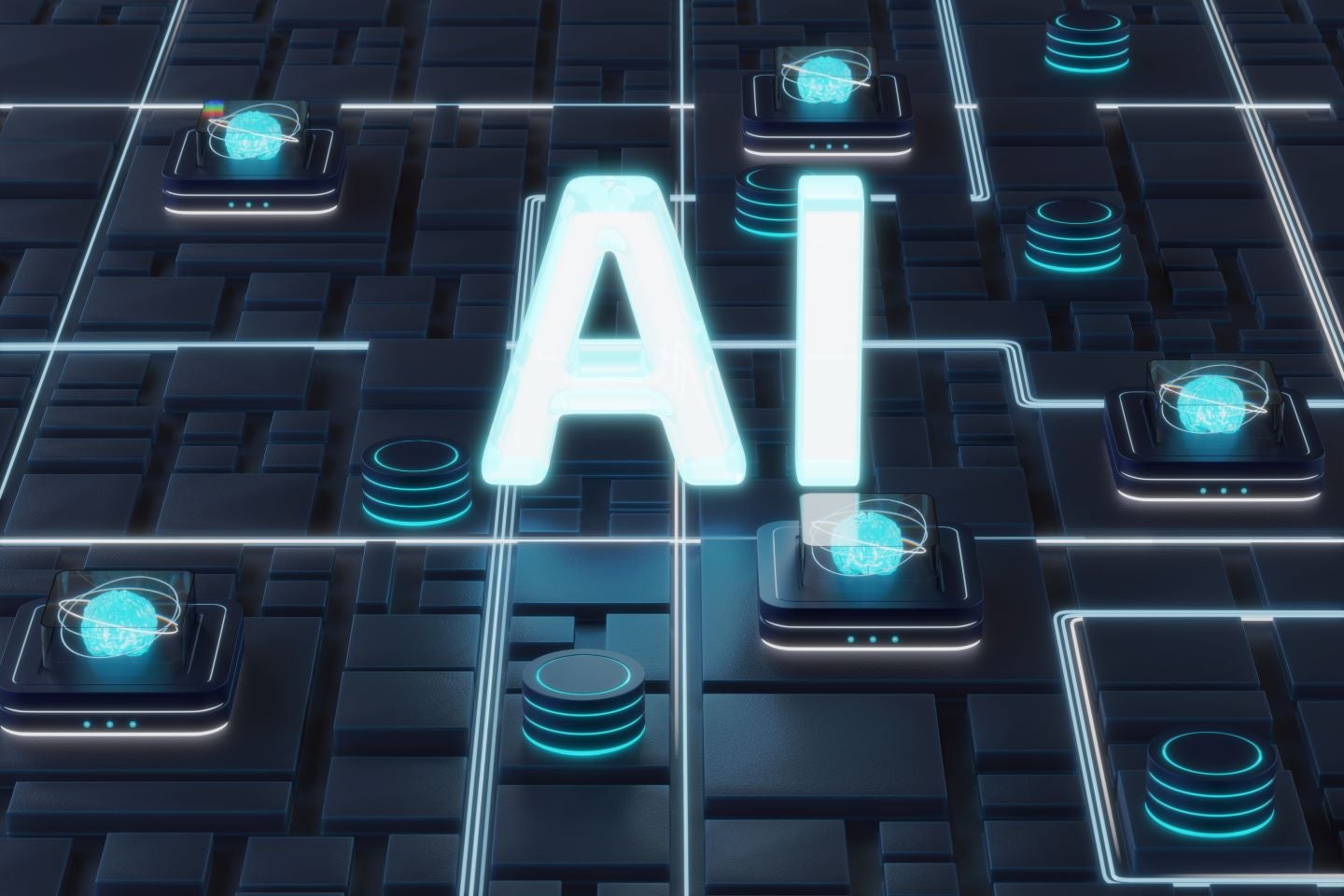No matter our level of care for animal welfare, we humans have always had an anthropocentric view of the world. We see ourselves as either the master or protector of fellow members of the animal kingdom. While great scientific efforts have been made to bridge the gap between humans and other species, by researching their biological make-ups, habits, and habitats, the greatest barrier to truly understanding other animals may be language. What does an elephant do? We can see. What does it feel? We can infer. What does it say? We have no idea. Until, that is, now.
Recent advancements in generative AI pose a fascinating possibility: we may, with increasing accuracy, be able to understand what other animals are saying. While this may not look like a word-for-word translation (for example, a string of elephant trumpet calls cannot be strung into an English sentence), we can understand what message they are trying to convey.
Translation
Non-profit Earth Species Project aims to “decode non-human communication” using AI. Its roadmap involves gathering samples of animal “speech”, and using AI to search for patterns to link vocalisations with behaviour (e.g. when a specific bird call leads other birds to look for shelter). In addition, it may be used to link sounds with emotional states, letting us know when an animal call may be a cry for help, for example.
Similarly, Project Ceti aims to “listen to and translate the communication of sperm whales”. Their process includes four phases: firstly, monitoring whale sounds using hi-tech equipment (underwater microphones, aerial drones, and swimming robots). They then process the raw data before beginning to train the CETI technology to link behaviour with language. Finally, they plan to validate the model with scientists specialising in linguistics, phonology, and morphology. This is all made possible through machine learning, which can process vast amounts of data, pulling out intricate patterns and insights.
A brave new world
While our empathy for animals may exist without us understanding what they say, a better grasp of their languages may aid conservation efforts and help to promote animal welfare. What was once a simple dog bark may soon be definitively distinguished as a call for food. Translating animal sounds opens up a new realm of understanding and may bring us closer to the fellow inhabitants of our dear Planet Earth.
How well do you really know your competitors?
Access the most comprehensive Company Profiles on the market, powered by GlobalData. Save hours of research. Gain competitive edge.

Thank you!
Your download email will arrive shortly
Not ready to buy yet? Download a free sample
We are confident about the unique quality of our Company Profiles. However, we want you to make the most beneficial decision for your business, so we offer a free sample that you can download by submitting the below form
By GlobalData







